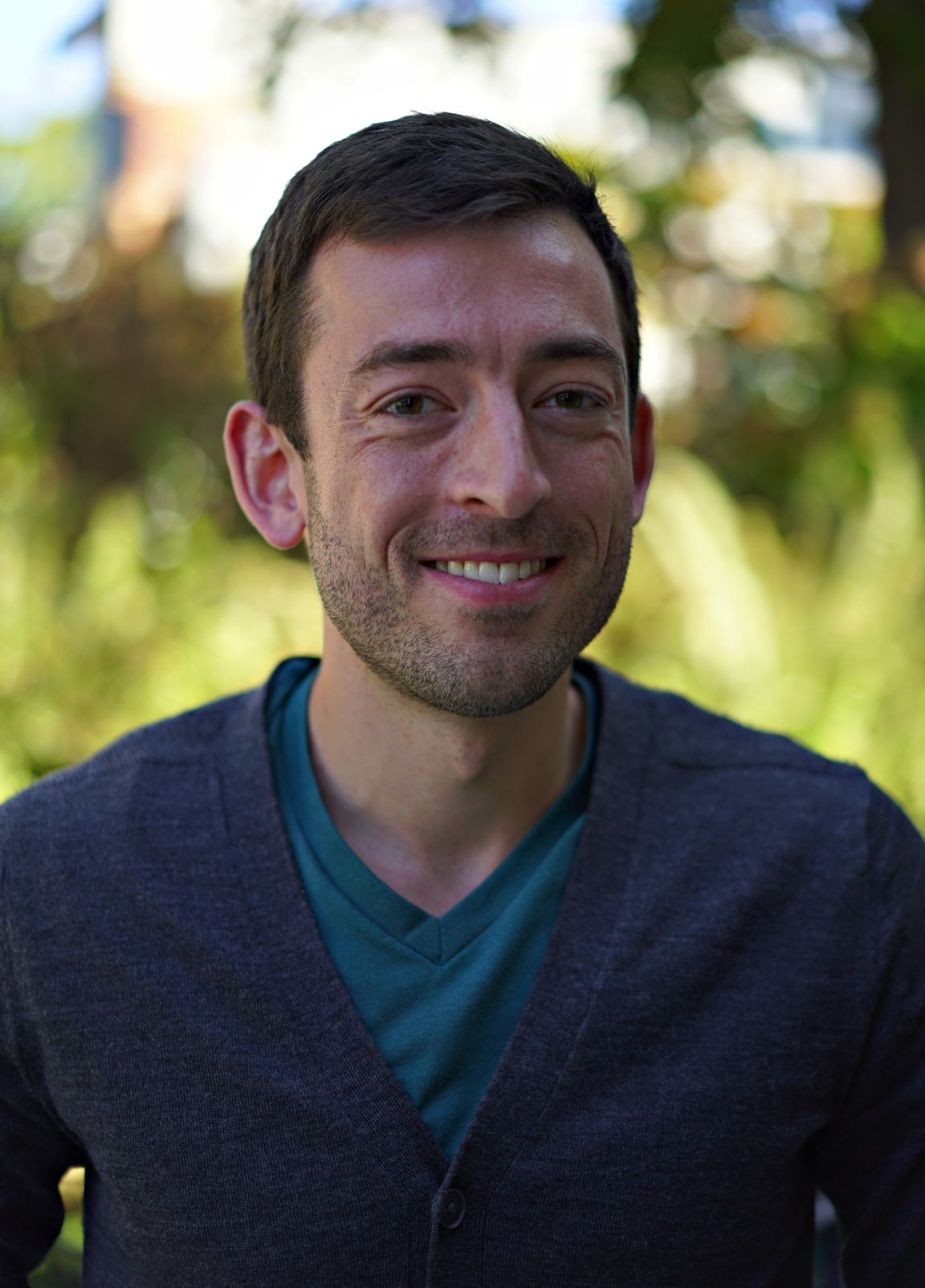NRESi Colloquium: The climate mitigation gap: what are the best ways to reduce your carbon footprint and are experts talking about them? Seth Wynes, UBC

In efforts to inform the public, governments and educators often suggest a broad range of lifestyle choices that could help to mitigate climate change. But when ten or more actions are presented at a time, it is difficult to know which of the many choices is the most effective. Four widely applicable actions have the potential to contribute to systemic change and substantially reduce annual personal emissions: having one fewer child, living car free, avoiding air travel, and eating a plant-based diet. I will present information showing why these actions have much greater potential to reduce emissions than commonly promoted strategies like recycling or changing light bulbs and discuss how government documents and high school science textbooks compare in their communication strategies.
Due to the nature of this topic - reducing your carbon footprint - this presentation will be delivered remotely from UBC and will only be available to remote participants via the LiveStream feed (channel 1).
The Natural Resources & Environmental Studies Institute (NRESi) at UNBC hosts a weekly lecture series at the Prince George campus. Anyone from the university or wider community with interest in the topic area is welcome to attend. Presentations are also made available to remote participants through Livestream (channel 1). Go to http://www.unbc.ca/nres-institute/colloquium-webcasts to view the presentation remotely.
Past NRESi colloquium presentations and special lectures can be viewed on our video archive, available here.
Contact Information
Al Wiensczyk, RPF
Research Manager,
Natural Resources and Environmental Studies Institute
Phone: 250-614-4354
Phone: 250-960-5018
Email: al.wiensczyk@unbc.ca